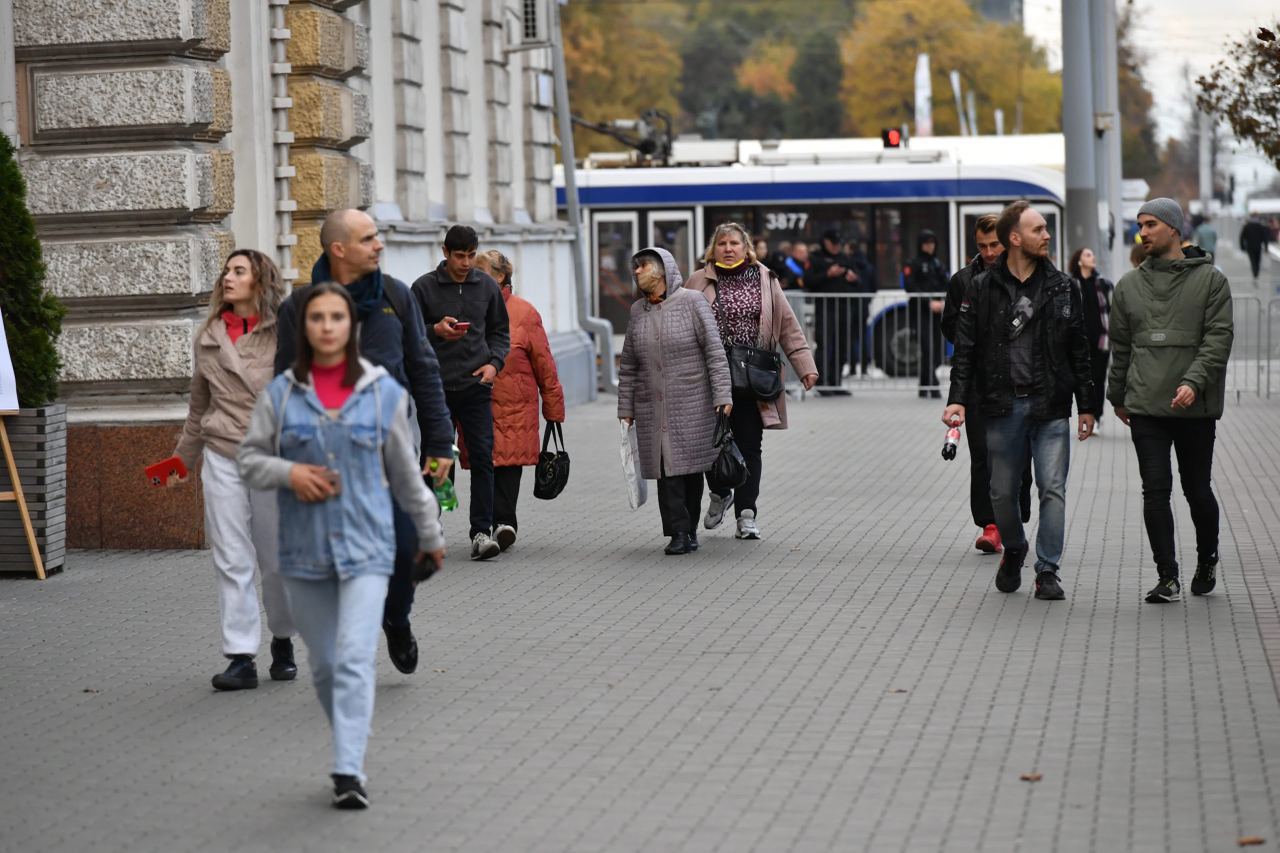U.S. halts USAID funding, impacting Moldova’s development projects
Prime Minister Dorin Recean thanked the United States and the American people for the many projects carried out in the Republic of Moldova over the past 33 years.

“This is an extensive collaboration program with the U.S. I firmly believe that it will continue. It is clear that certain adjustments can be made,” Recean said on Wednesday, March 5, after the government meeting, when asked to comment on President Donald Trump's recent remarks about the Republic of Moldova, where he claimed American money had been wasted.
The Prime Minister reviewed just a few of the projects funded by American money, particularly through the U.S. Agency for International Development (USAID), in essential sectors such as local development, viticulture, tourism, and energy.
Thanks to U.S. assistance, the wine industry in the Republic of Moldova has been essentially revitalized and developed into one of the country’s most successful export industries. Similarly, the textile and IT sectors, as well as local-level projects, have seen significant progress. For example, the Dormition of the Mother of God Church in Căușeni was restored, and we now have an extraordinary Orthodox treasure, thanks to American assistance. Another example includes the kindergartens in Crihana Veche, Gura Galbenei, and Pănășești. The tourism industry – more than 300 kilometers of roads and tourist routes have been mapped and developed with U.S. assistance. A 1 million dollar project provided renewable green energy to 230 farmers, along with an irrigation system covering over 2,000 hectares.
“These are just a few examples of the 'good and beautiful things done with U.S. assistance,'” emphasized Dorin Recean. He announced that the government had already identified several opportunities to continue projects in one of the country’s strategic sectors, energy, as well as in other areas such as culture, media, and the fight against disinformation.
How much money has the U.S. invested in the Republic of Moldova in the past 33 years?
Since 1992, the U.S., through USAID, has allocated more than 1 billion dollars to the Republic of Moldova. In 2024 alone, planned funding was approximately 150 million dollars for dozens of projects in energy, education, justice, and rural development, according to official data.
Last year, USAID planned to fund 130 activities in the Republic of Moldova, including two aimed at strengthening the energy infrastructure, worth a total of over 73 million dollars. Recently, the Ministry of Energy confirmed to Teleradio-Moldova that the suspension of USAID support had affected four major projects, totaling more than 200 million dollars.
Of the 150 million dollars allocated for 2024, more than 105 million were earmarked for the economic development of the Republic of Moldova, including nearly 9 million dollars for local development projects. Many of these have been paused after the cessation of U.S. external assistance.
Another project affected by the cessation of funding is the "Class of the Future" – an innovative platform designed to digitise education and train teachers in the use of new technologies in teaching. In these circumstances, the Ion Creangă Pedagogical University, which manages the "Class of the Future" project, had to cover its costs from its own budget or seek additional funding from international partners.
It is important to note that U.S. President Donald Trump, who decided to suspend most foreign assistance programs, including those for the Republic of Moldova, for 90 days in mid-January, criticized the misuse of government funds in his first address to Congress. He mentioned several countries, including the Republic of Moldova, where he claimed U.S. funds had been used for "useless" programs.
In this context, USAID recently canceled a grant worth 32 million dollars intended for the Internews organization, which supported independent media, including in the Republic of Moldova. Additionally, the allocation of 22 million dollars for electoral processes in Moldova was also canceled.
Following the suspension of USAID projects, some politicians in Chișinău began questioning the management of funds. In a social media post, the EU Ambassador to Chișinău, Janis Mažeiks, condemned the attacks on independent media and civil society organizations, which are targeted by online defamation campaigns.
The authorities in Chișinău have announced that they are working with international partners to find solutions that would allow the continuation of U.S.-funded projects, including those related to energy infrastructure, such as the interconnection line with Romania and energy storage systems.
Translation by Iurie Tataru






